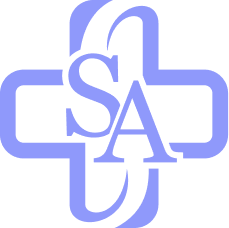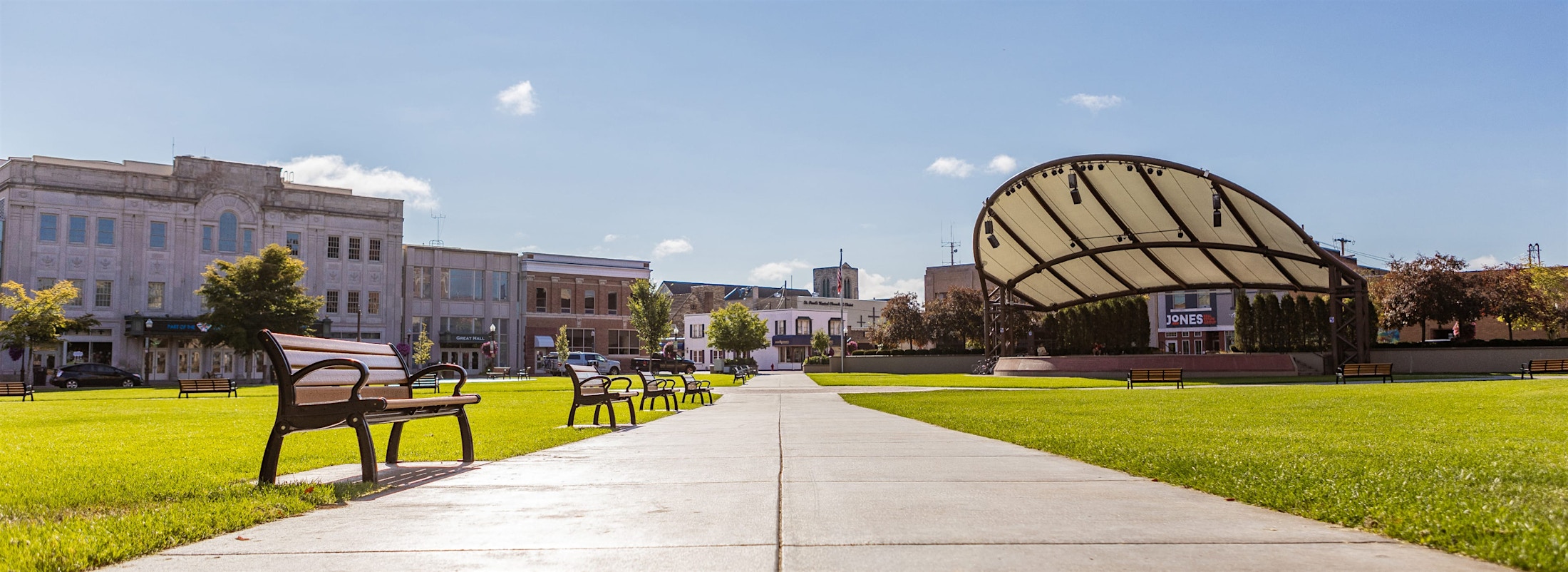Our skilled team of surgeons is equipped to handle complex emergencies with precision and care, ensuring the best possible recovery outcomes.
Comprehensive Trauma Care
Surgical Associates’ trauma surgeons treat injured patients in central and northern Wisconsin, as well as Michigan’s Upper Peninsula. The surgical team manages the care of injured patients at Aspirus Wausau Hospital, a tertiary care hospital for the Aspirus network. Designated as a Level II Trauma Center by the American College of Surgery, the hospital cared for more than 7,500 trauma patients in 2016. Transfer agreements arranged with many rural hospitals in the Aspirus network guarantee specialized trauma care to any injured patient in our network. In 2016, hospitals across 82 Wisconsin counties and multiple states sent their most critically injured patients to the Aspirus Trauma Center.









